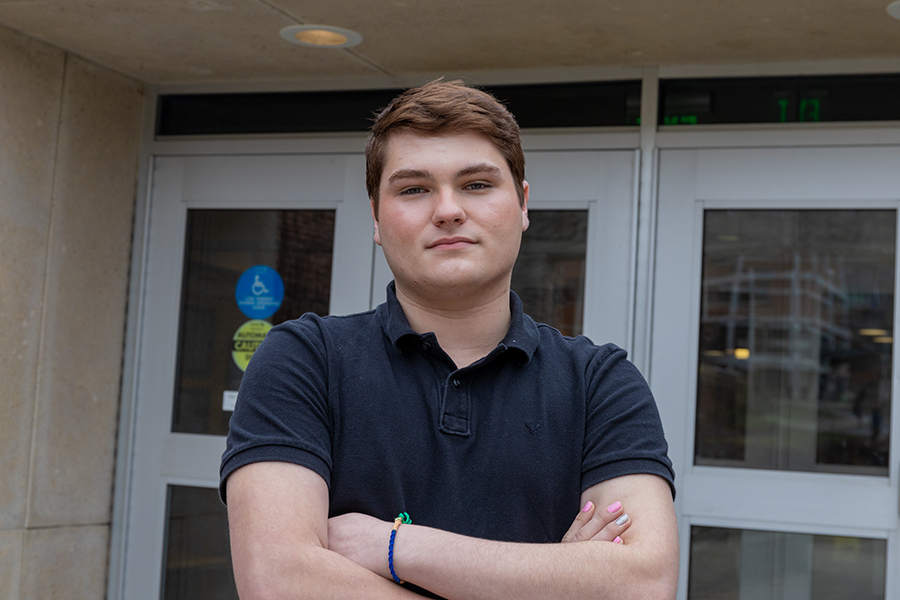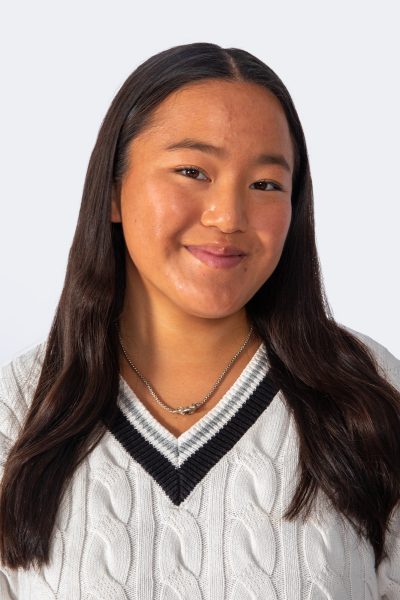Editor’s Note: This is a guest commentary. The opinions do not necessarily reflect the views of the editorial board.
I recently walked into a cell phone store, and my experience was appalling. I wanted an upgrade but could not receive it because the employee suspected “suspicious activity.” The employee would not give me any information about my account or the “suspicious activity” because they did not trust me. I was told I needed to call my parents, and have them deal with this situation and resolve it. I checked my shirt — it did not say “clueless young adult,” and neither did my facial nor body expressions. Why is it that because I am young, I am perceived as clueless? The middle-aged adults at another table across from me seemed to be treated with dignity and respect. Is it so much to ask for the same?
Upon leaving, I asked how to give feedback on my experience and they gave me a phone number and started to describe what I should say. I told them I knew how to give feedback — I am a college communications student and would describe the experience the way I felt. The employee was shocked that I was “so smart for my age.” Is it unlike young adults to be smart? I don’t understand why older generations, who claim our youth need to step up, are so judgmental toward young adults as a whole.
In the next decade, Generation Z will take on leadership positions in their communities, governments and organizations. Our voices should not be silenced but instead amplified. In 2023, I began my term as national president of Students Against Destructive Decisions, SADD, and every day I am reminded by fellow students that we are the driving force in creating change. The prevention field is dominated by older adults, so hearing from younger audiences who want to make safe decisions should not be overlooked. This should be utilized in prevention work.
One of my biggest inspirations for my role is a previous SADD National President Shaina Finkel. When Finkel’s term ended, she did not stop there and got involved with her state’s safe driving coalition. Since then, she has been able to utilize young adults, including myself, in her traffic safety discussion. Finkel gave me the opportunity to speak in a webinar about teen mental health and traffic safety alongside professionals who have PhDs. Why? Because if we are speaking about decisions that affect teens, the teens need to be at the table helping make those decisions.
While addressing generational divides, it is important that Gen Z support one another — we must build each other up, not break each other down. I am not writing to pressure all youth to volunteer, but rather to encourage youth to be positive and passionate people, no matter what members of other generations may say. That is how we can take a stand against youth-directed ageism. To our older generations: I believe bridging the generational divide will benefit us all, so we can collaborate and create positive change together.
Evidently, not everyone wants to see us youth succeed. Don’t become blind to the fact that we actually are enough. Channel your self-confidence.
Yeah, I am smart. No, not for my age. That is all the statement needs to be: I am smart.
Louis Pratt (he/him) is as first-year advertising, public relations, and marketing communications major. Contact him at [email protected].















